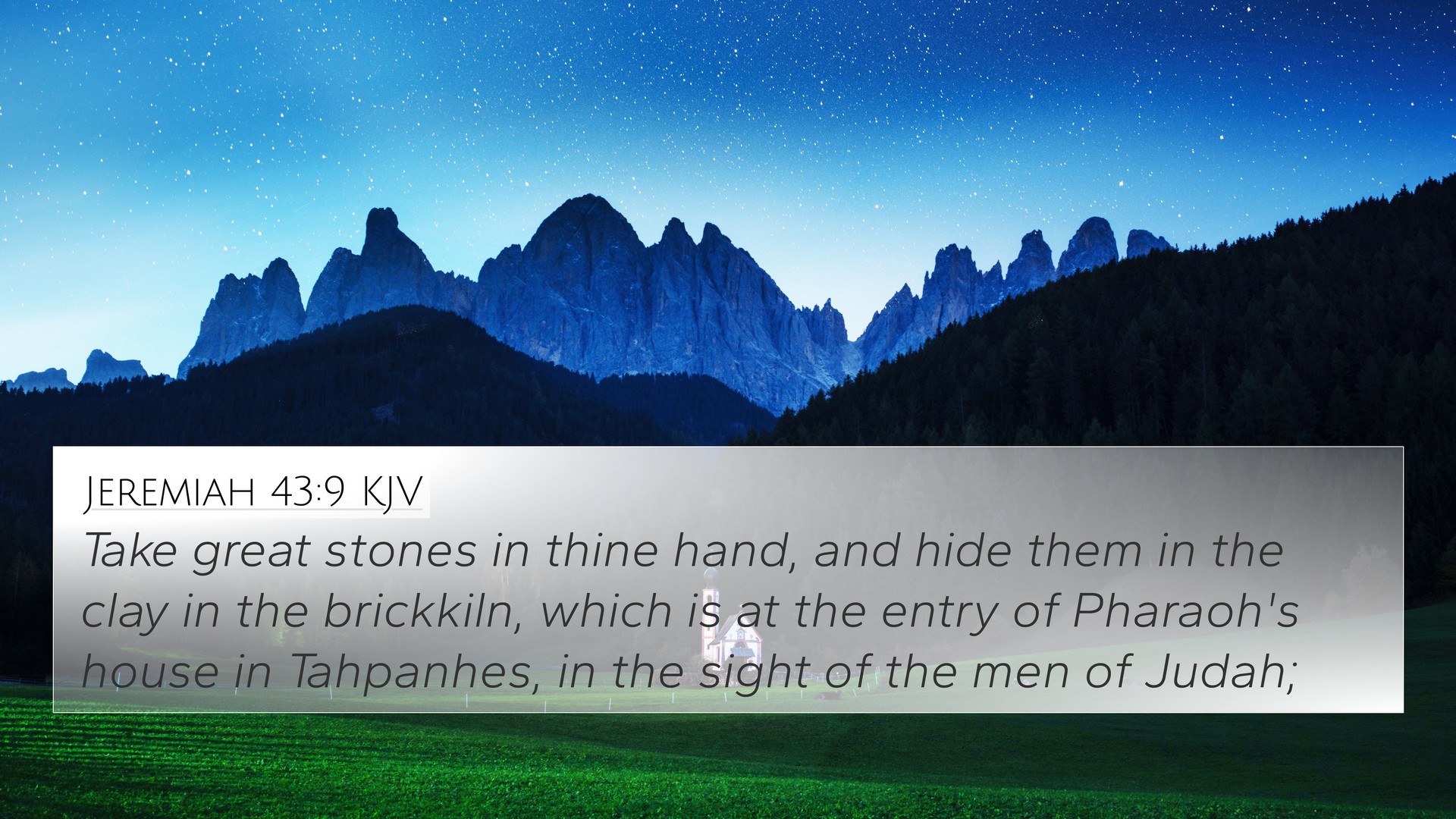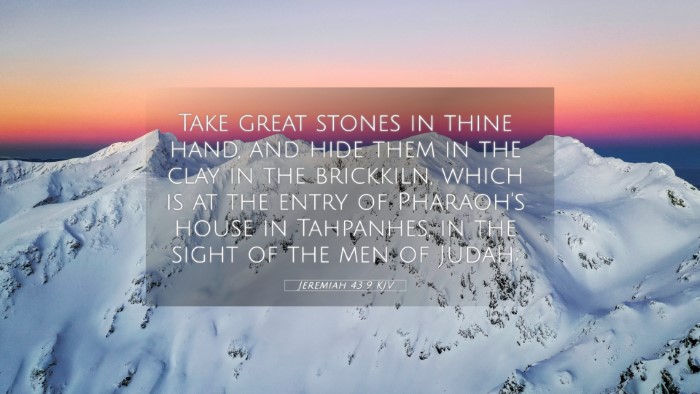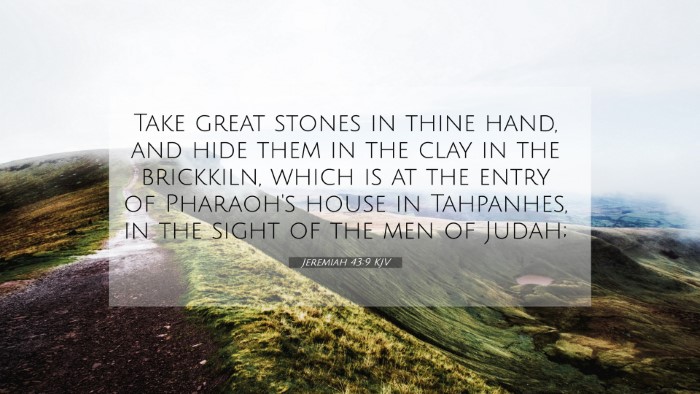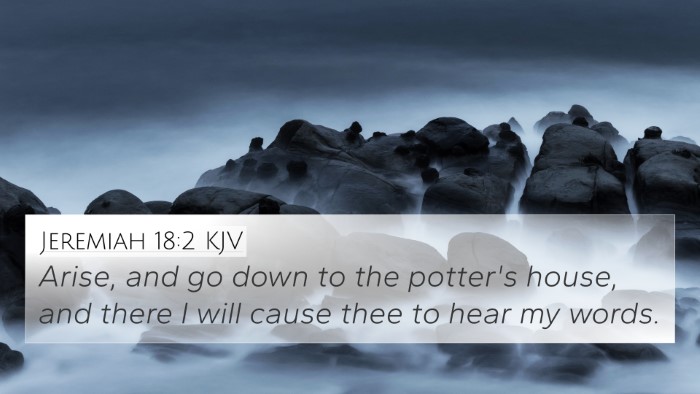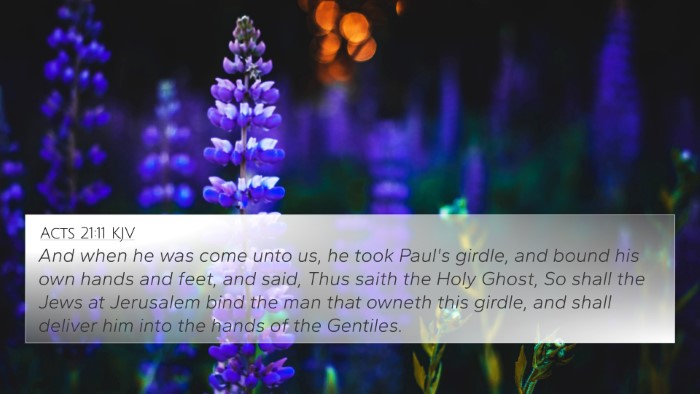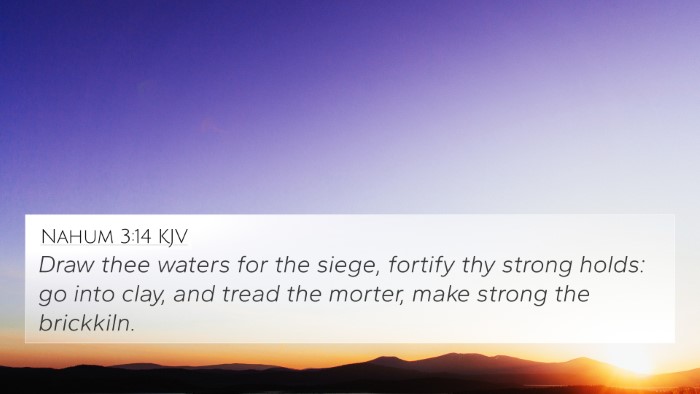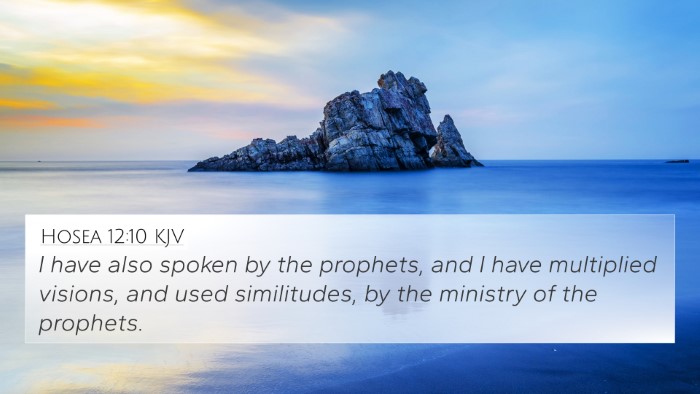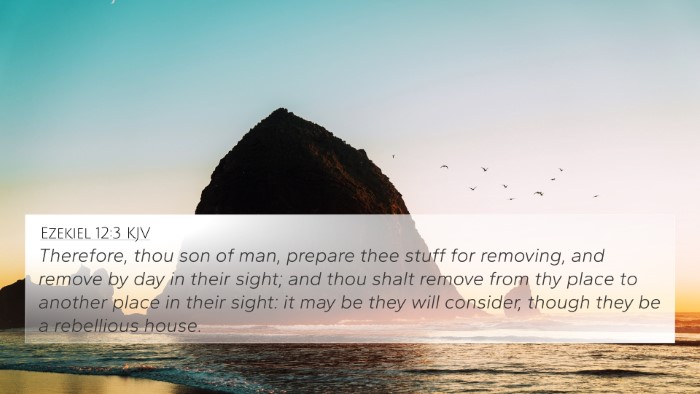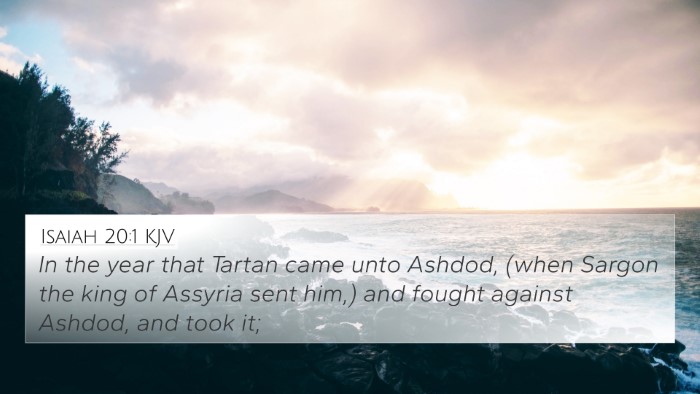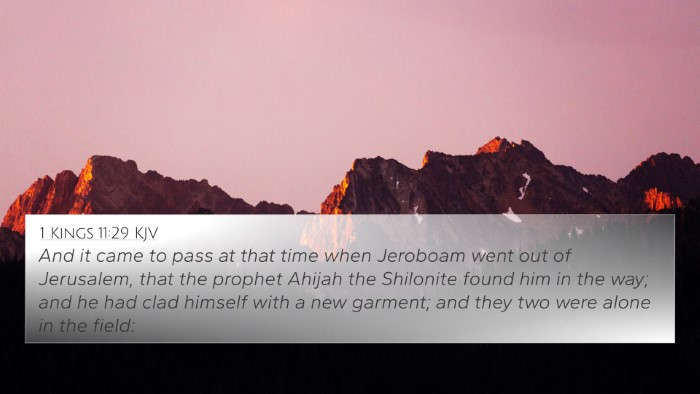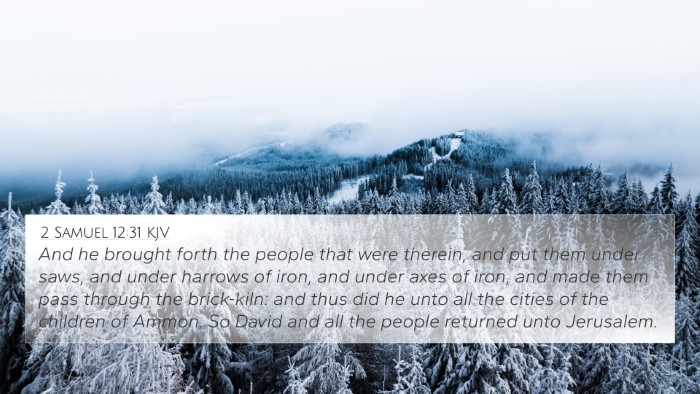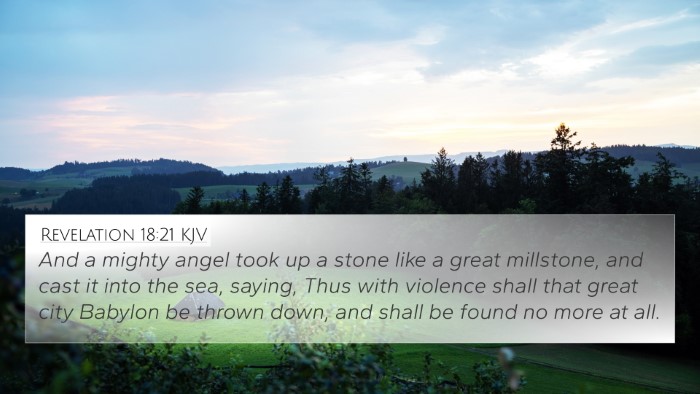Understanding Jeremiah 43:9
Jeremiah 43:9 states, "Take great stones in your hand, and hide them in the clay, in the brick kiln, which is at the entrance to Pharaoh's house in Tahpanhes, and say to them, 'Thus says the LORD of hosts, the God of Israel: 'Behold, I will send and take Nebuchadnezzar the king of Babylon, My servant, and will set his throne above these stones that I have hidden.'" (NKJV)
This verse is rich in symbolic meaning and prophetic significance. The act of burying stones signifies a message, laying a profound emphasis on God’s sovereignty over nations and the prophetic declaration of Babylon’s eventual supremacy over Egypt. Below is a summarized interpretation combining insights from Matthew Henry, Albert Barnes, and Adam Clarke, along with Bible verse cross-references to provide a deeper understanding.
Symbolism of the Stones
The stones hidden in the clay represent strength and permanence amidst the turmoil of nations.
Matthew Henry notes that these stones serve as a testimony of the impending judgment upon Egypt and the establishment of Babylon’s power.
Albert Barnes emphasizes that the act represents God’s control over worldly powers, displaying how He can raise one nation and put down another for His purposes.
Adam Clarke explains that by burying these stones, Jeremiah is signifying the indelible nature of God's word and His promises about the power dynamics that are about to unfold.
Contextual Analysis
This directive comes during a time when the Israelites were seeking refuge in Egypt, reflective of their disbelief in God’s plan.
Barnes suggests this illustrates the contrast between reliance on human understanding and divine wisdom.
Henry also points out that God’s message, delivered through a physical act, serves to highlight the futility of escape from divine judgment.
Clarke further emphasizes the timing of this prophecy, linking it to the broader narrative of Israel's disobedience and God’s subsequent actions.
Cross-References and Thematic Connections
This verse can be cross-referenced with several other scripture passages that highlight the impending judgment and God’s sovereignty. Below are some significant connections:
- Jeremiah 1:10 - God appoints Jeremiah to uproot and tear down nations.
- Daniel 2:21 - God removes kings and sets up kings, affirming His ultimate control.
- Isaiah 43:14 - A declaration of God’s sovereignty over nations.
- Ezekiel 21:25-27 - God's judgment upon the leaders of Judah, emphasizing His authority.
- Habakkuk 1:6 - God raises the Babylonians as a tool for judgment.
- Revelation 17:12-14 - The eventual triumph of the Lamb over worldly kings.
- Romans 13:1 - Every authority is established by God, reinforcing His governance.
The Inter-Biblical Dialogue
The significance of Jeremiah 43:9 extends beyond the immediate context, engaging in an inter-Biblical dialogue that reinforces the continuity of God’s plan. This prophetic warning correlates with the themes of judgment and restoration prevalent throughout both Testaments.
Clarke notes that the dual nature of prophetic texts, both warning and hope, reveals God’s character as just and merciful.
Conclusion
Jeremiah 43:9 serves a multifaceted role in the Biblical narrative, illustrating the consequences of Israel's choices and the unwavering control of God over the course of history.
Matthew Henry concludes that understanding this prophetic declaration is essential for grasping the larger framework of God’s sovereignty, a theme amplified through cross-references across scripture.
As believers study this verse, it encourages a deeper exploration of how God utilizes nations and individuals in fulfilling His divine purposes. The comprehensive understanding, aided by cross-references, serves as a tool for Bible cross-referencing and thematic exploration.
